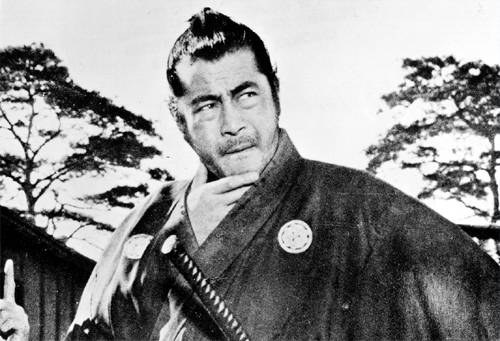When: Friday through March 9 Where: Music Box Theatre, 3733 N. Southport Tickets: $8.25-$9.25 Call: (773) 871-6604
Samurai movies are a genre like the Western, often used to take a deep look at the society that produces them. They’re not to be confused with routine martial arts or action thrillers, and that will be obvious starting Friday, as the Music Box showcases nine of the greatest samurai movies ever made. Many of them will screen in newly restored prints.
Consider Masaki Kobayashi’s “Samurai Rebellion,” which plays Friday and Saturday on a double feature with Kihachi Okamoto’s “Kill!” A movie named “Samurai Rebellion” might sound like the last place you’d look for a film about the emergence of feminism and individuality in medieval Japan, but look again. When the lord of the district forces a family to accept his mistress as a bride, and then decides he wants her back again, both the woman and the family refuse to be obedient.
On Sunday and Monday, the double feature will be Kobayashi’s “Harakiri” and Kihachi Okamoto’s “Sword of Doom.” On Tuesday, Hideo Gosha’s “Three Outlaw Samurai” and Horoshi Inagaki’s “Samurai Saga.”
On Wednesday, Akira Kurosawa’s “Yojimbo” and “Hidden Fortress.” And next Thursday, the greatest of them all, Kurosawa’s “The Seven Samurai.”
I wrote a “Great Movie” review of “Samurai Rebellion,” describing it as “a film of grace, beauty and fierce ethical debate, the story of a decision in favor of romance and against the samurai code.”
That review is on rogerebert.com, along with my “Great Movie” reviews of “The Seven Samurai” (“not only a great film in its own right, but the source of a genre that would flow through the rest of the century”) and “Yojimbo” (“Akira Kurosawa’s most popular film in Japan … a samurai aware that his time has passed and accepting with perfect equanimity whatever the new age has to offer”).












